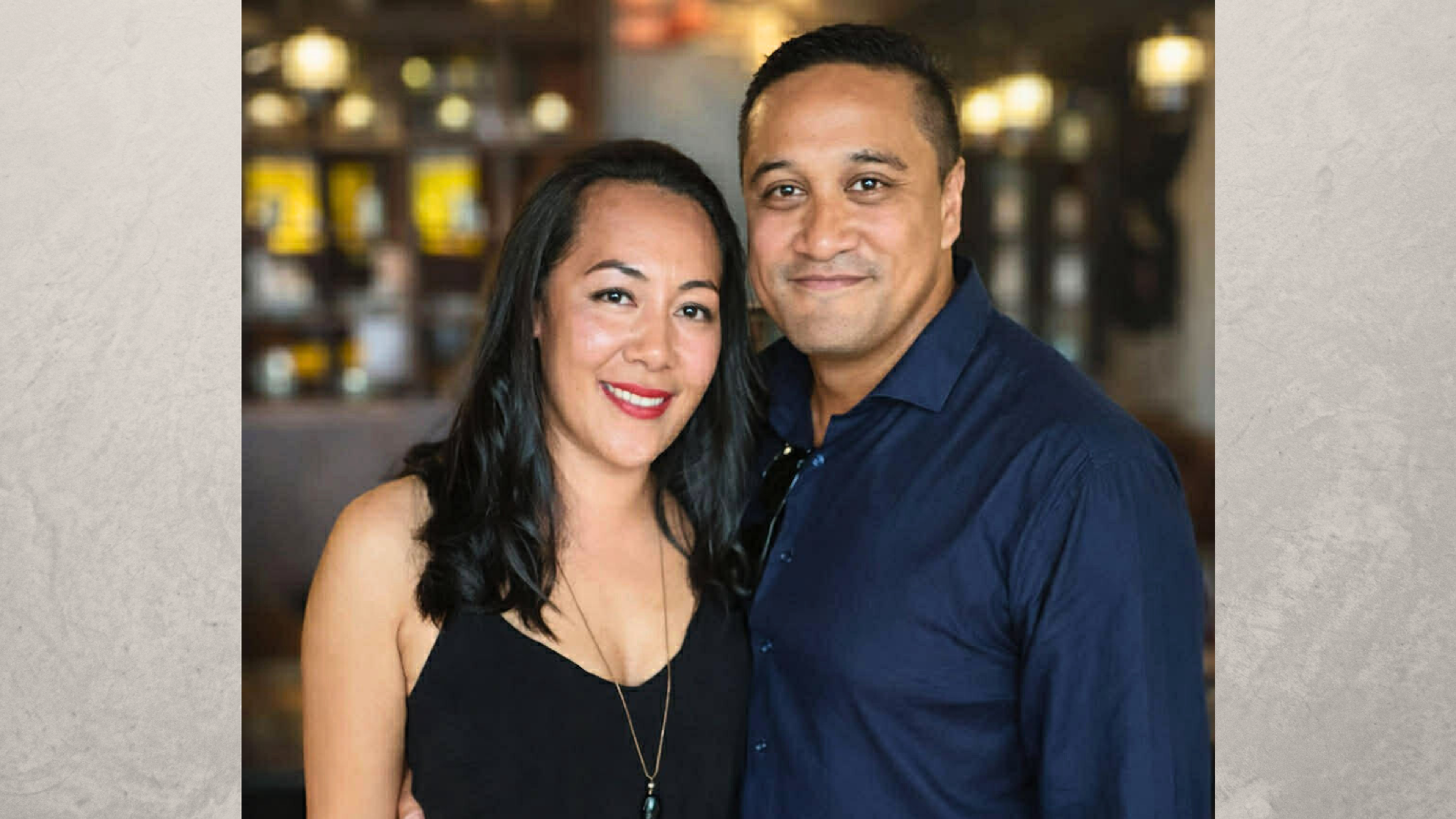

Anae Arthur Anae (left) and Ana Ika (right) disclose their thoughts on the upcoming Budget.
Photo/Composite
Pacific advocates call for compassionate investment ahead of Budget 2025
Ana Ika and Anae Arthur Anae urge the government to prioritise immediate support for vulnerable families and foster meaningful change.


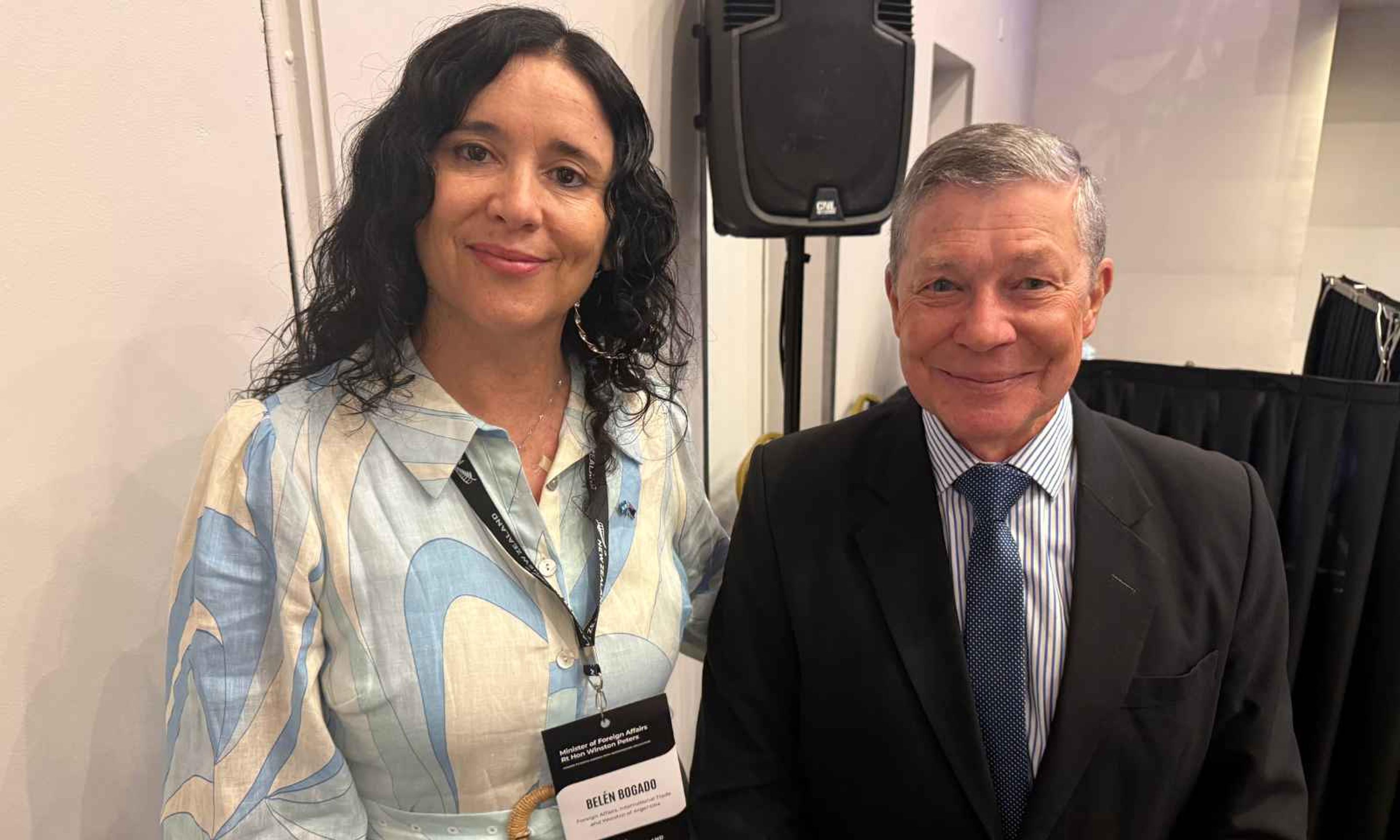
How the Pacific region could benefit from Argentina’s economic rebound, expert
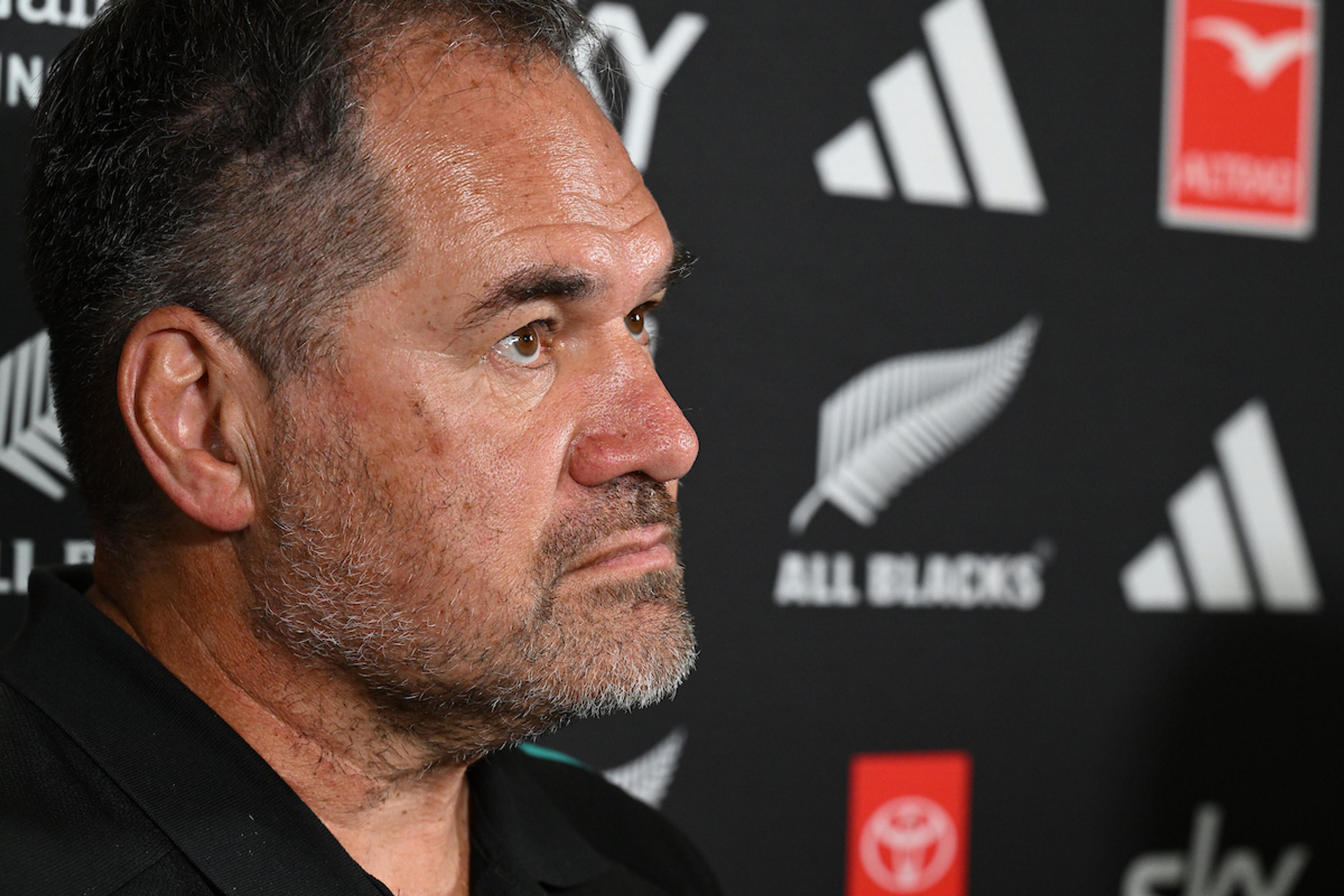
Dave Rennie becomes first All Blacks coach of Pacific heritage

‘Without fear or favour’: Barbara Dreaver chronicles 30 years on the Pacific frontline


Tongan family in Abu Dhabi recount explosions as Middle East conflict escalates

How the Pacific region could benefit from Argentina’s economic rebound, expert

Dave Rennie becomes first All Blacks coach of Pacific heritage

‘Without fear or favour’: Barbara Dreaver chronicles 30 years on the Pacific frontline
With the Coalition Government set to present its annual Budget this afternoon, concerns are being raised by Pacific community leaders over the anticipated funding direction.
Ana Ika, a policy analyst with the Salvation Army, says that while the government is focussed on investment and economic growth, critical issues are being overlooked.
The Salvation Army produces an annual State of the Nation report that highlights various areas of concern.
In an interview with John Pulu on PMN Tonga, Ika says that for the Pacific community, food insecurity is a key issue and is often a symptom of deeper financial stress.
"The government's very much about the economy, growing infrastructure - but the reality is homelessness, poverty and food insecurity, we're seeing a significant increase in that,” she says.
"For Pasifika, the key thing that we're looking at is around food insecurity … about 50 per cent of Pacific children don't have nutritious or adequate food on a weekly basis.
"When they come through our front doors and they want food, then we ask, ‘What else is happening?’ Then we can get them to see the financial mentor, then we can get them to see our housing support staff."
Finance Minister Nicola Willis assured the media on Wednesday that “the Pacific community will benefit from this Budget because this Budget demonstrates that there will be more jobs in the future.
“Also, we've had an eye on the education and health services that Pacific communities rely on, and I think this will be a very good Budget for them.”
Watch the full interview with Ana Ika below.
Anae Arthur Anae, former National Party MP, has defended the government’s commitment to limit overspending and avoid increased debt.
“They came into power with a massive hole to fill, and so they've tried to adjust everything to try to bring the country's economic operations back online, and to do that, there is pain,” he told Pulu on Pacific Mornings.
“It's like anything, there is no gain without pain, and that pain has been spreading.”
Short-term pain for long-term gain
In a recent announcement, $190 million was allocated for a new Social Investment Fund aimed at “vulnerable New Zealanders”.
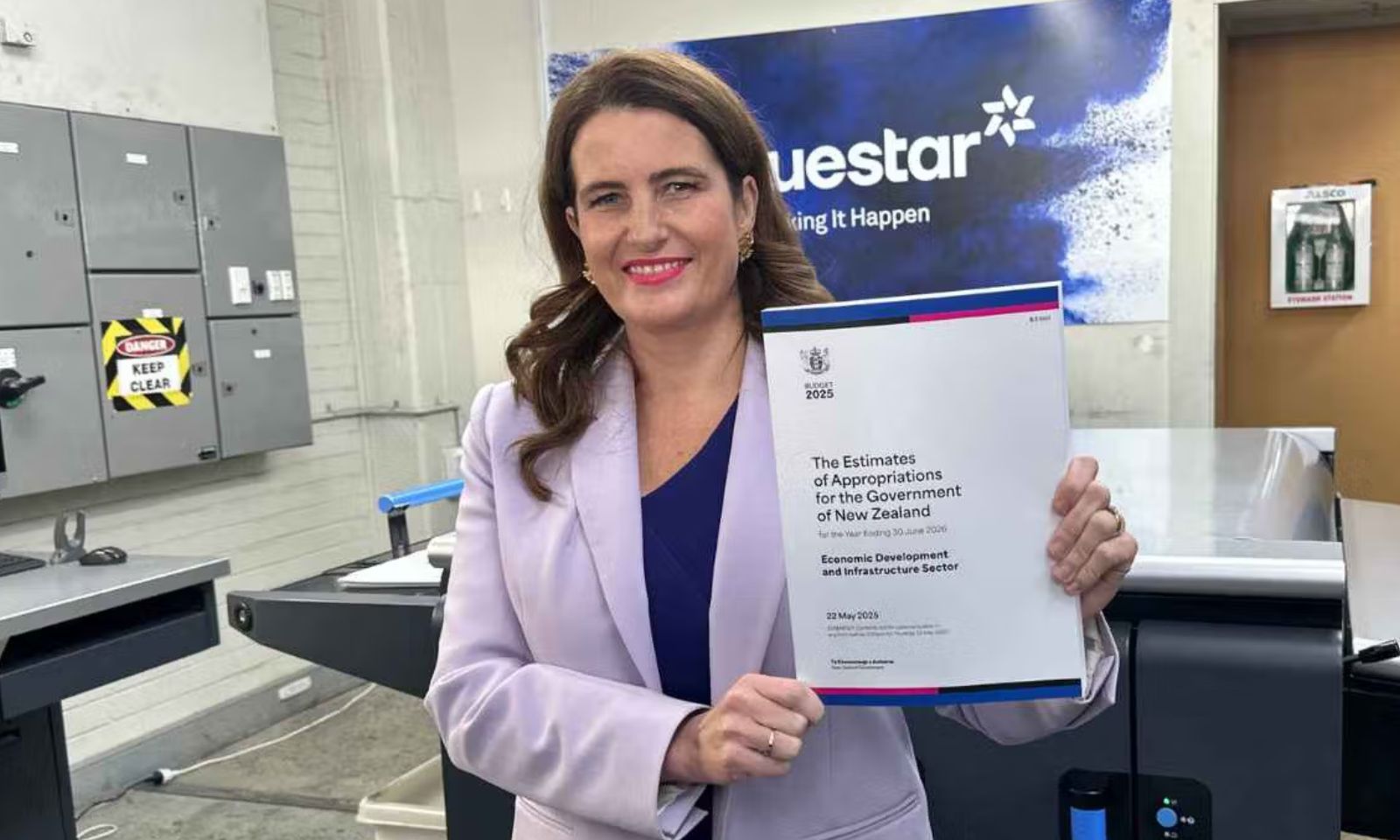
Finance minister Nicola Willis says the Budget will be 'very good' for Pacific families. Photo/PMN News/Ala Vailala
The fund will support early intervention for autism, youth offending, and family assistance programmes led by hapu.
Ika says that while this funding will likely benefit Pacific and Māori families, she is sceptical about its immediate impact.
"The way the government is approaching this is that they are wanting to look at long-term change, and whilst that's important, we need some short-term funding as well to be able to make a difference to what we're seeing on the frontline," Ika says.
A significant boost for healthcare
Health Minister Simeon Brown announced $164 million investment over four years to expand urgent and after-hours healthcare services, including a new facility in Counties Manukau by the end of this year.
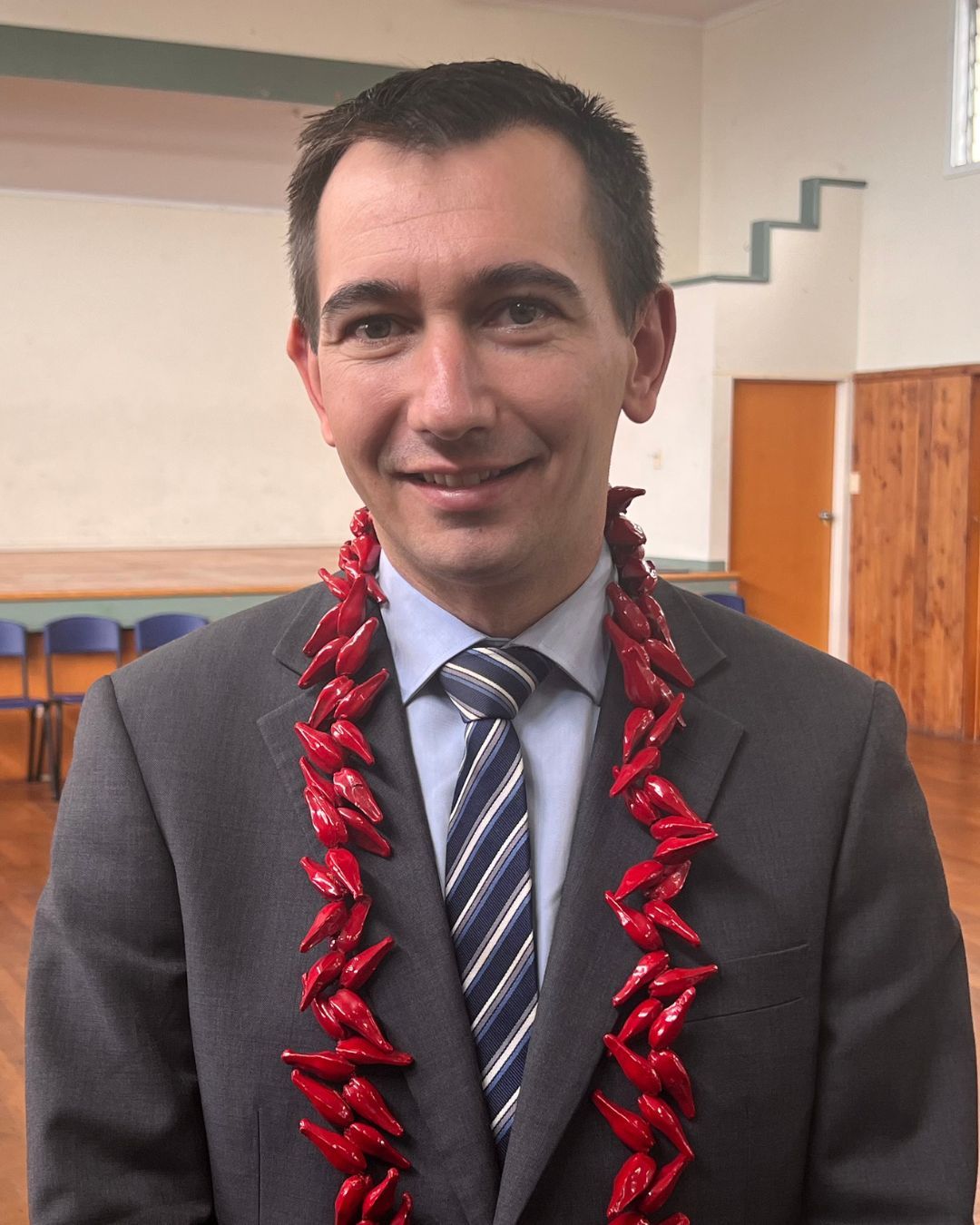
Minister of Health Simeon Brown. Photo/File
“Around 5000 New Zealanders visit urgent care clinics every day, but the availability of after-hours services has declined in recent years, and access remains variable across the country,” Brown stated.
“Our investment will also support more timely care, reducing pressure on emergency departments, and improving outcomes for patients.”
Ika welcomes this investment but says health expenditure should constitute at least five per cent of the government’s budget to effectively improve outcomes.
“You don't just want to put a band-aid on the wound. You need to make significant investments, significant restructuring in that space in order for it to make a difference for our community," she says.
Anae hopes that improving health services will be a priority in today’s budget announcement, sharing his firsthand experience from years at the decision-making table on a health board.
“I sat on a health board for 12 years, and every year they would come in and say, ‘Cut the budget, cut the budget, cut the budget.
“How do you cut a budget when the population is growing and expanding, and the needs are greater? That's why we have serious problems in health now.”
Watch: PMN News asked locals around Manukau where the Government should allocate funding for Budget 2025.
Anae suggests implementing tax-deductible health insurance and superannuation, but says these changes will require a major shift in mindset from existing policies.
“If you're working and you go to a hospital, you go to a private hospital. The main public hospitals, in my opinion, are for the young, the elderly, and the infirm,” he says.
“What people at 65 want is to know that when they're ill, they can go straight to the hospital, there's no waiting list as we have today.”
Ika has a simple message for Wilis: "Be compassionate to all New Zealanders, not just landlords and business owners … by just focusing on one area, they're driving disparities and it's increasing poverty, it's increasing homelessness, it's increasing food hardship.
"Be compassionate towards the communities that we support and don't lose sight of them … if we don't invest in welfare and invest in health, you're going to see a lot more families coming through the front doors of social services."
Budget 2025 will be announced at 2pm on Thursday.